Fair Observer Founder, CEO & Editor-in-Chief Atul Singh and retired CIA Officer Glenn Carle unpack the worsening crisis in Gaza, shifting global sentiment toward Palestinian statehood, and how internal Israeli politics continue to drive the conflict. The discussion also highlights US President Donald Trump’s surprising rhetorical pivot, questions the role of international institutions and reflects on the broader geopolitical fallout.
Humanitarian collapse and the politics behind it
Starvation intensifies in Gaza despite Israeli claims of humanitarian pauses in their operations. The UN warns of impending famine, while Israeli human rights groups like B’Tselem accuse Israel of genocidal conduct. Atul and Glenn agree that the Israeli government’s far-right coalition and Israeli Prime Minister Benjamin Netanyahu’s political survival instincts fuel the war’s continuation, despite quiet dissent within Israeli military circles.
Trump’s rhetorical pivot and the decline of the UN
In a striking shift, Trump recently acknowledged “real starvation” in Gaza and suggested Israel — not the United Nations — should manage food aid. Atul views this as a symbolic sidelining of postwar international institutions. Critics call Jordan and the United Arab Emirates’s aid efforts ineffective, reflecting the broader failure of coordinated relief.
Europe’s response and the limits of diplomacy
France and the United Kingdom have signaled they may recognize a Palestinian state if Israel refuses a ceasefire. Atul attributes this to domestic political pressure. Glenn doubts the practical impact, asserting that only the United States and Israel hold real power. Still, he concedes these symbolic gestures could shift the political center of gravity over time.
Continuity in US policy and Netanyahu’s calculations
While Trump’s tone has changed, Glenn argues that both his and former US President Joe Biden’s policies have ultimately enabled Israel. Netanyahu has, in Glenn’s view, successfully manipulated US support, allowing him to pursue longstanding territorial goals. Atul agrees that US foreign policy has long protected Israeli impunity, regardless of who is in the White House.
Displacement, historical parallels and growing isolation
Glenn draws a controversial parallel between the displacement of Palestinians and the forced removal of Native Americans in US history. He argues that starvation and destruction in Gaza amount to de facto ethnic cleansing. Atul emphasizes that Israel’s international support is eroding, with the exception of Germany, which remains loyal due to Holocaust guilt.
Internal divides and unpredictable fallout
Atul points to Israel’s internal fractures, especially between secular and religious communities. He highlights early protests against Netanyahu and growing military dissatisfaction. He warns that the loss of support in culturally aligned regions like Europe could have lasting psychological and political consequences.
Atul closes by noting rising antisemitism, emboldened Muslim communities in Europe and the unpredictable “unknown unknowns” that may soon follow.
[Lee Thompson-Kolar edited this piece.]
The views expressed in this article/video are the author’s own and do not necessarily reflect Fair Observer’s editorial policy.









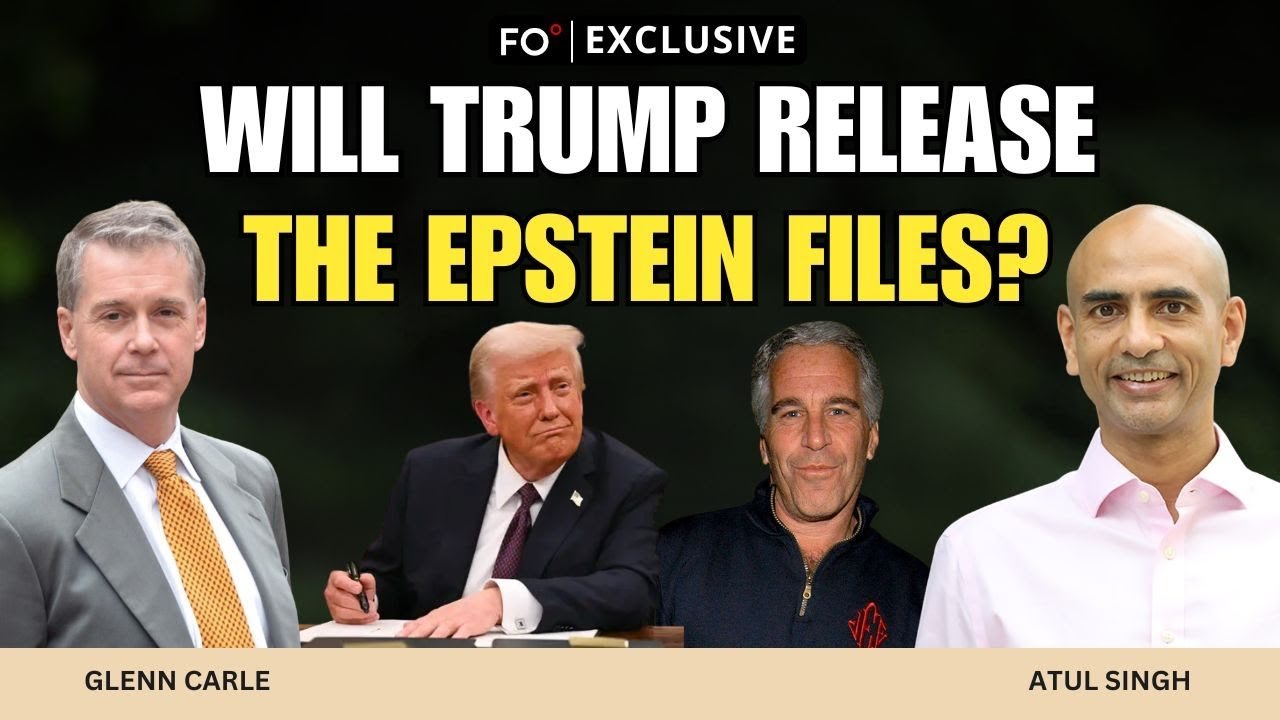














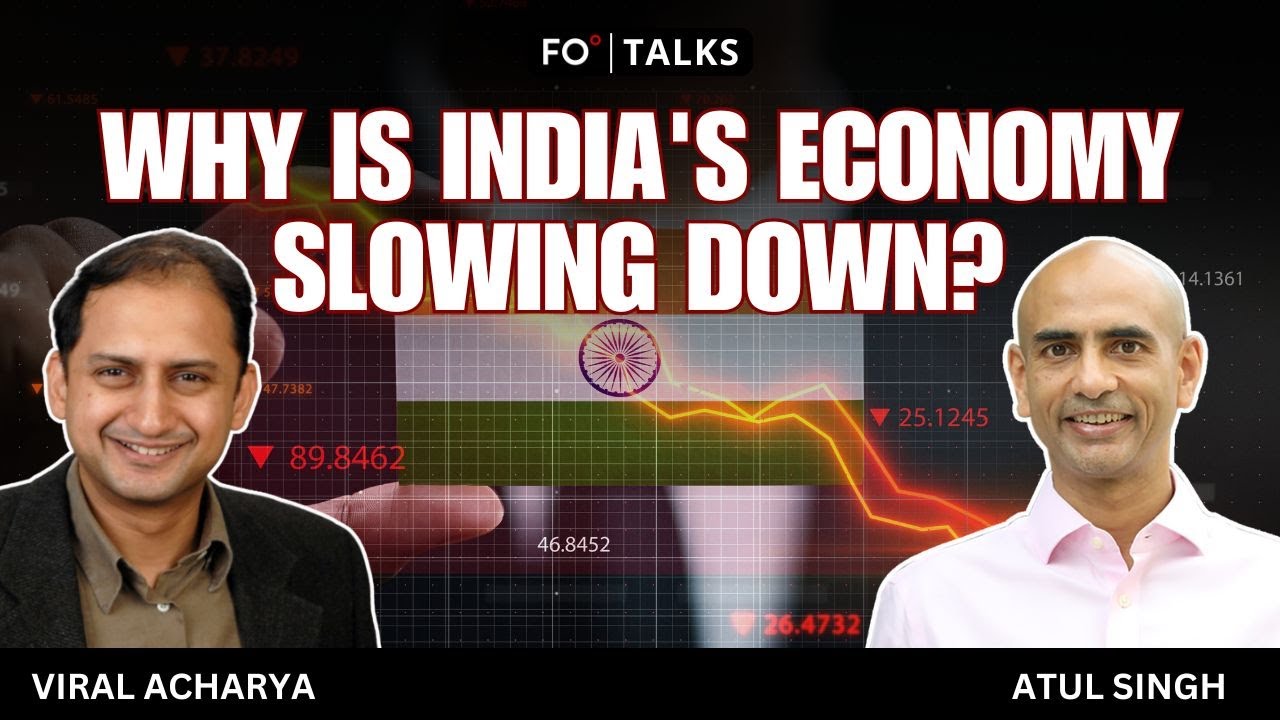




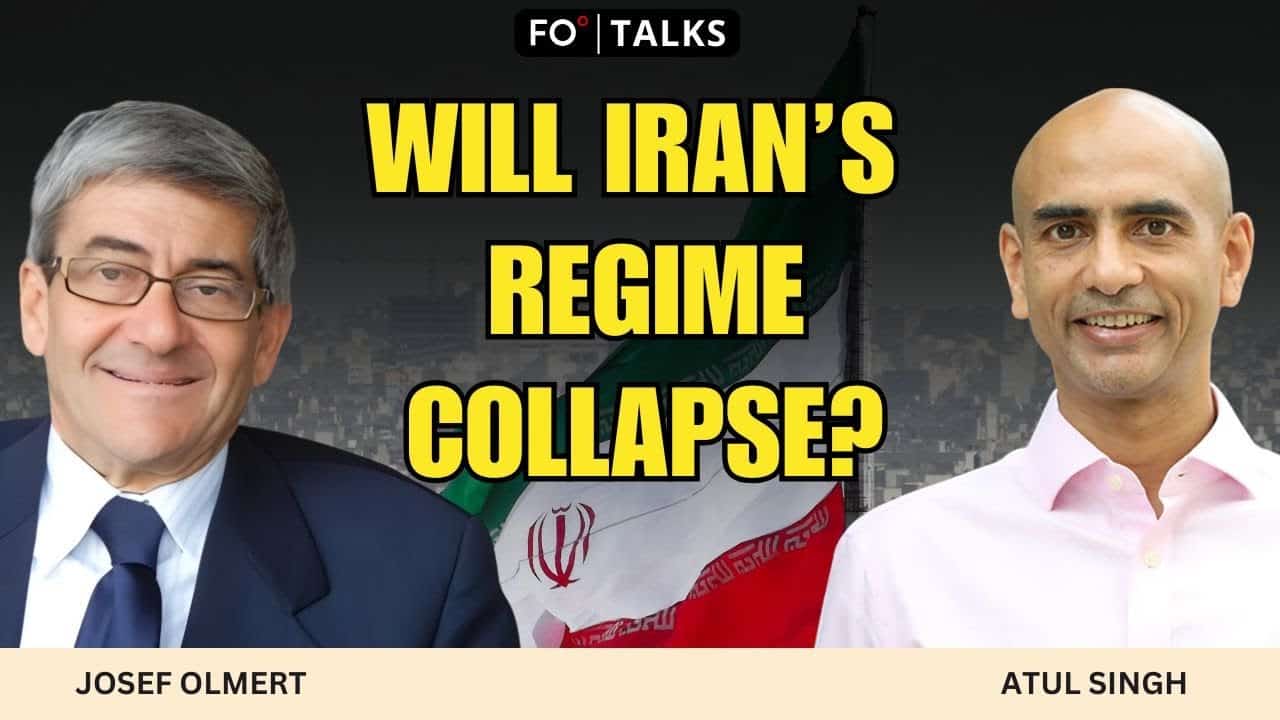







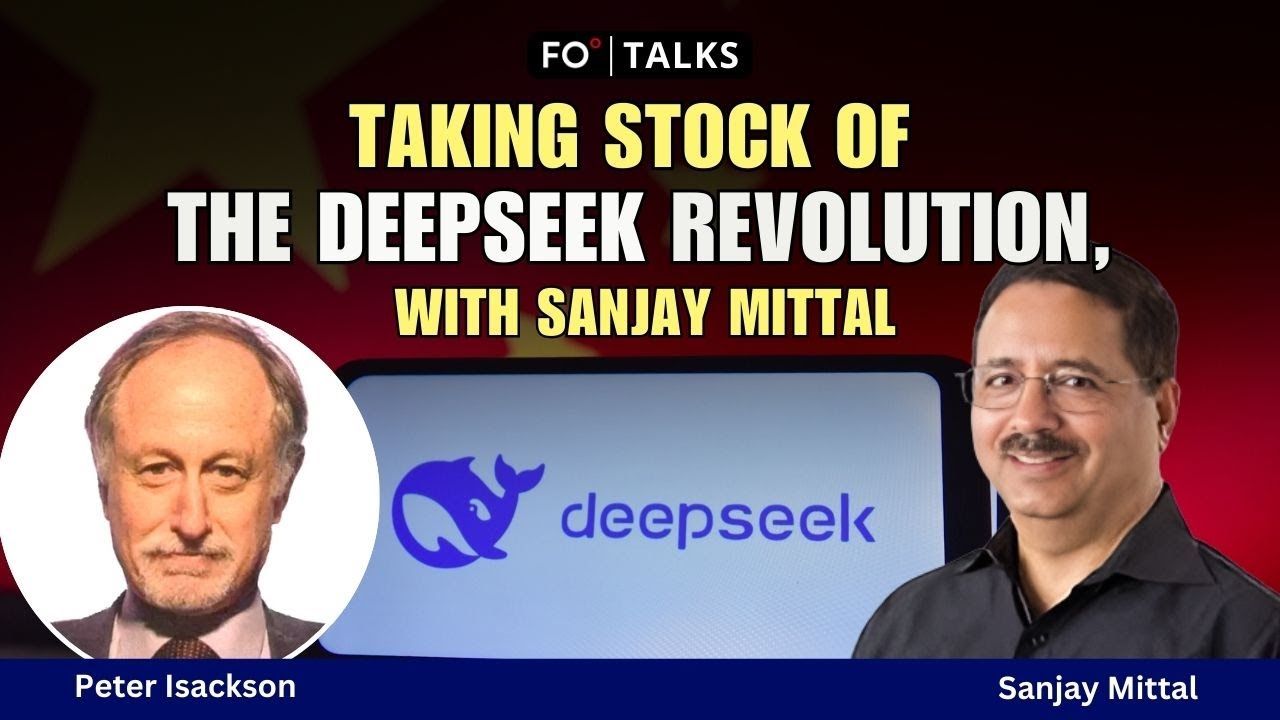

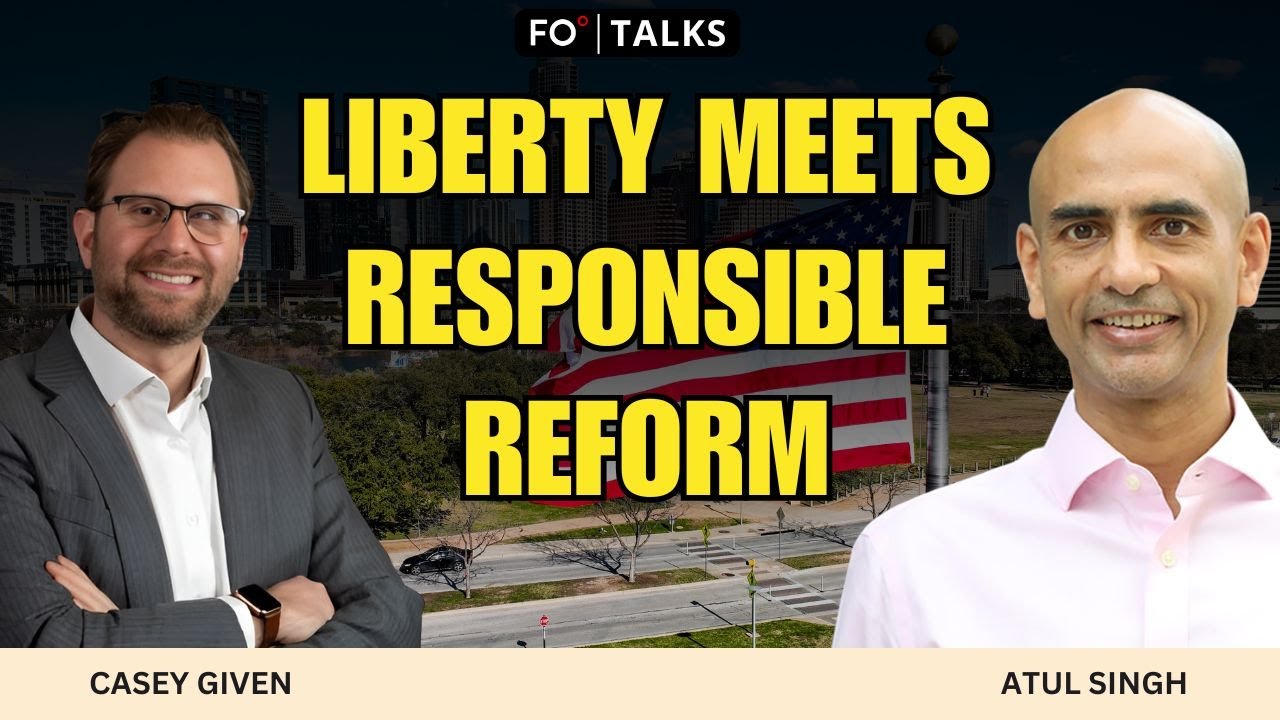


Comment